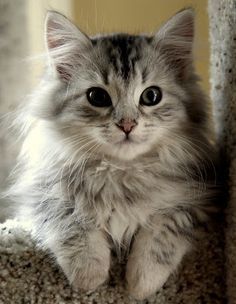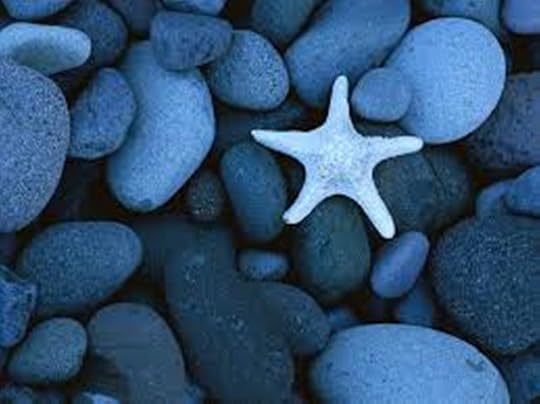What’s the Deal with the Personality Types?

Okay, I just don’t get it. There’s this thing called the Myers-Briggs Personality Test, which everybody is enthralled with. (It’s really just an updated version of the Enneagram, if anybody remembers that.) I mean, I get it in terms of I understand the concept — you take the test and the software puts you in a category faster than the Hogwarts Sorting Hat. You’re supposed to answer the questions honestly, and it’s done privately; the website won’t share your results with anyone or anything. But, seriously, what’s the point?
Wow, if I didn’t just brand myself as a Vulcan. (Thank you very much.)
I’d heard of the theory several months ago, when some bloggers mentioned they used it to help create their characters for fiction writing. At the time, I truly had no idea what they were on about, so I looked it up. Oh, all right, I see now… Anyway, once it made sense, I moved on. To me, it didn’t seem to have much validity. An interesting social experiment, that’s all.
(Mrs. Spock? Your tea is ready.)
When we were first dating, my husband showed me a book someone had given him on the Enneagram. I skimmed through it, got the jist, laughed aloud, and never thought of it again. Until I heard of Myers-Briggs.
On people’s bios for their blogs and social media, there’s a lot of listing which “type” they are. And there have been several conversations in my feed that I just can’t participate in because I simply don’t know that much about this approach. For some reason, I felt a little left out.

So, I went and took the test. According to my results, I am an INFJ — also called “The Advocate.” Okay, I can accept that. Apparently, INFJs are big not just on changing the world, but changing it in a very “hearts and minds” sort of way — for example, why just raise money for a cancer charity, when we can find a cure for cancer? And I am definitely of a “teach a man to fish, you’ll feed him for a lifetime” mindset. The Myers-Briggs people believe that Martin Luther King and Mother Teresa were INFJs. If that’s the case, then I am in extremely good company.
That aside, the website goes on to list everything from the sort of friends and careers each personality type is likely to have, how they’ll probably behave with co-workers, spouses, as parents, and even whether they’ll choose Pepsi or Sprite. Okay, that last bit isn’t true. But it really is that specific.
And to me, this is where the problem comes in.
As someone who is prone to potentially obsessive behaviors (hello, autism spectrum), I can state with certainty and not-overly-dramatic flair that I can see people getting way too into this idea.
How many of us make fun of the rare individual who literally won’t walk into a salad bar on the second Tuesday of the month because their Zodiac sign supposedly falls prey to rogue beets during that part of the lunar cycle? Well, while you laugh hysterically at that image, you may want to take into account if you’ve been accepting/rejecting job offers, vacation plans, first dates, new recipes all based on your Myers-Briggs personality type.

It is good to get to know ourselves, and come to understand what kind of lifestyle/profession/hobbies we’re suited for — in fact, I’d say that’s a vital part of reaching our individual growth and success. But, determining your entire future (and analyzing every moment of your present, and past) based solely on what some pre-programmed software tosses up on the screen, that’s pretty dangerous, folks.
And there will always be those of us that never quite “fit” into our “personality type” category. We may identify with an ESFP 88% of the time, but have our days when we just don’t feel like exhibiting the traits the website claims is inherent in us. Or perhaps there were several questions on the test that simply didn’t apply to any part of your life, so your answer wasn’t accurate. That means you’re bound to become an anomaly.
And guess what — that is far more real and natural to how human beings actually are.
I don’t know about anybody else, but I’m totally okay with that.

When the Sorting Hat places each wizard in the House they’re most suited for, the Hat makes it clear: the choice is still theirs. The Hat may recommend Ravenclaw, but the wizard selects Hufflepuff, and is very happy for it. The Sorting Hat makes its decisions based on analysis of a wizard’s personality traits and family background, but perfectly allows for emotions and free will to have an impact.
In that regard, I think the Sorting Hat is probably smarter than the people who designed Myers-Briggs or the Enneagram.
What are your thoughts? Do you subscribe to any of these personality test theories? Would you actually avoid a salad bar on a random Tuesday if Neptune was in retrograde for Libras? Let me know in the comments!
[image error]


Daley Downing's Blog
- Daley Downing's profile
- 36 followers



